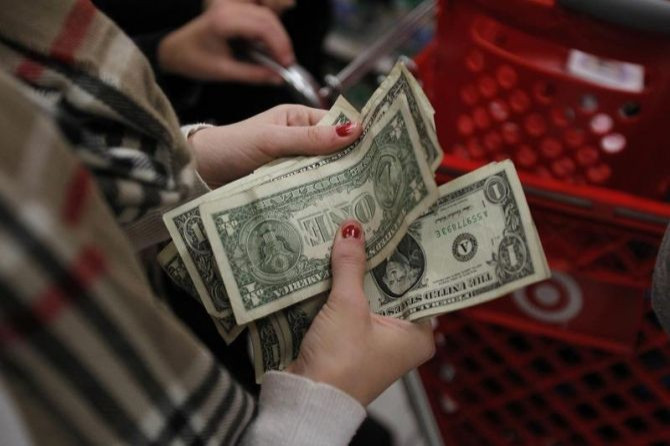Sadness Linked to Bad Financial Decisions

Here is another reason to snap out of that sadness. Researchers have found that the sadder you are the more likely you are to make terrible financial decisions.
Researchers from Harvard University and the Columbia University have found that people tend to forgo future benefits when they are sad, and often end up spending more money.
They found that it was sadness, and not just any other negative emotion like anger or disgust, that made people myopic. It turns out that the sadder a person is the more likely he or she will want instant gratification making the person "myopic" or unable to see the effects of long-term investments.
The data for the study was collected from the Harvard Decision Science Laboratory and the Center for Decision Sciences at Columbia. Researchers found that people who were shown videos that induced sadness were more likely to become myopic and lack patience and were also more likely than a neutral person to make bad decision while spending money.
"Across three experiments, the median sad participant valued future rewards (i.e., those delayed by 3 months) 13% to 34% less than did the median neutral-state participant. These differences emerged even though real money was at stake and even though discount rates in the neutral condition were already high," the authors wrote.
"These experiments, combining methods from psychology and economics, revealed that the sadder person is not necessarily the wiser person when it comes to financial choices."
Previous research has shown that buying things gives a sense of control to people who are sad which makes them feel better about themselves.
According to a related study, buying an experience like a ticket to a concert or a holiday to impress others makes people sad later, while people who buy these experiences for themselves report more happiness.
"Public-policy design and implementation need to be based on consideration of the full range of psychological processes through which decisions are made. Fully understanding these processes may also help address the economic problems associated with Americans' increasing reliance on credit cards," the authors added, according to a press release by the Association for Psychological Science.
The study is published in Psychological Science.



























